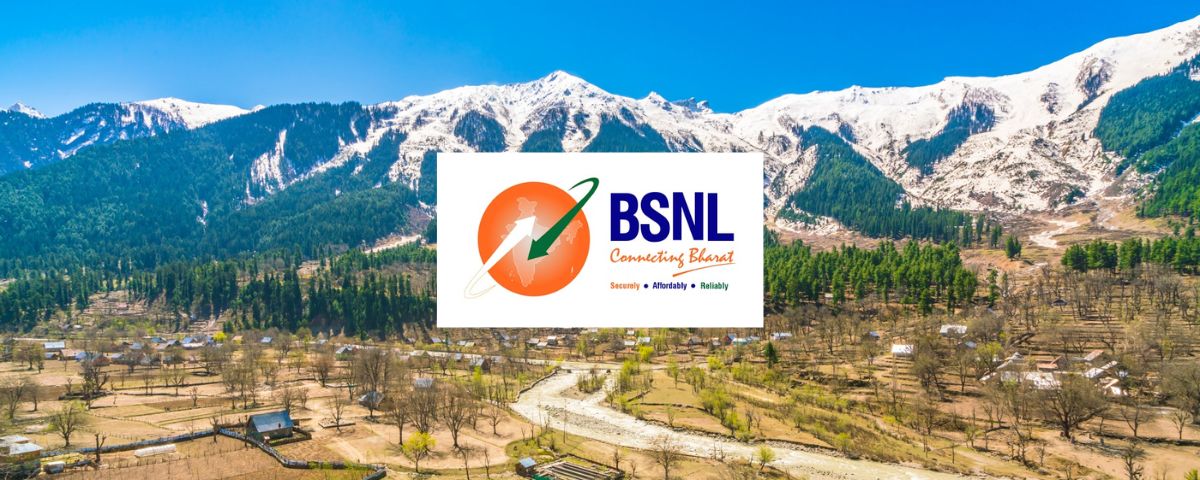
Bharat Sanchar Nigam Limited (BSNL), the state-owned Indian telecom operator, has launched 4G services in the remote Pangi Valley of Himachal Pradesh. New sites have been deployed in Sural Bhaturi, Luj, Tundru, and Seri Bhatwas as part of BSNL’s broader initiative to bring connectivity to rural and underserved areas. The company has focused on cold, remote regions where private telecom operators have little incentive to deploy networks due to limited profitability.
Recently, BSNL also activated the first 4G saturation site in the Lahauli and Spiti district and upgraded 20 new sites in Ladakh and border areas to provide 4G services. This rollout is part of BSNL’s 4G saturation project, supported by Digital Bharat Nidhi (formerly Universal Service Obligation Fund).
A key feature of BSNL’s 4G expansion is the adoption of homegrown technology, aligning with India’s push for technological self-reliance. Moreover, BSNL offers the most affordable prepaid mobile services in the country. While its lower tariffs may limit growth in average revenue per user (ARPU), it creates an opportunity for BSNL to attract new subscribers, especially as private telecom operators increase tariffs.
However, BSNL faces challenges in retaining users long-term. If it cannot deliver consistent quality service, customers may return to private operators. Vodafone Idea (Vi) CEO has already observed a reversal in the trend of users migrating to BSNL. Ultimately, while affordable pricing is attractive, service quality remains the key factor for customer retention, a challenge BSNL must address to sustain its growth.



